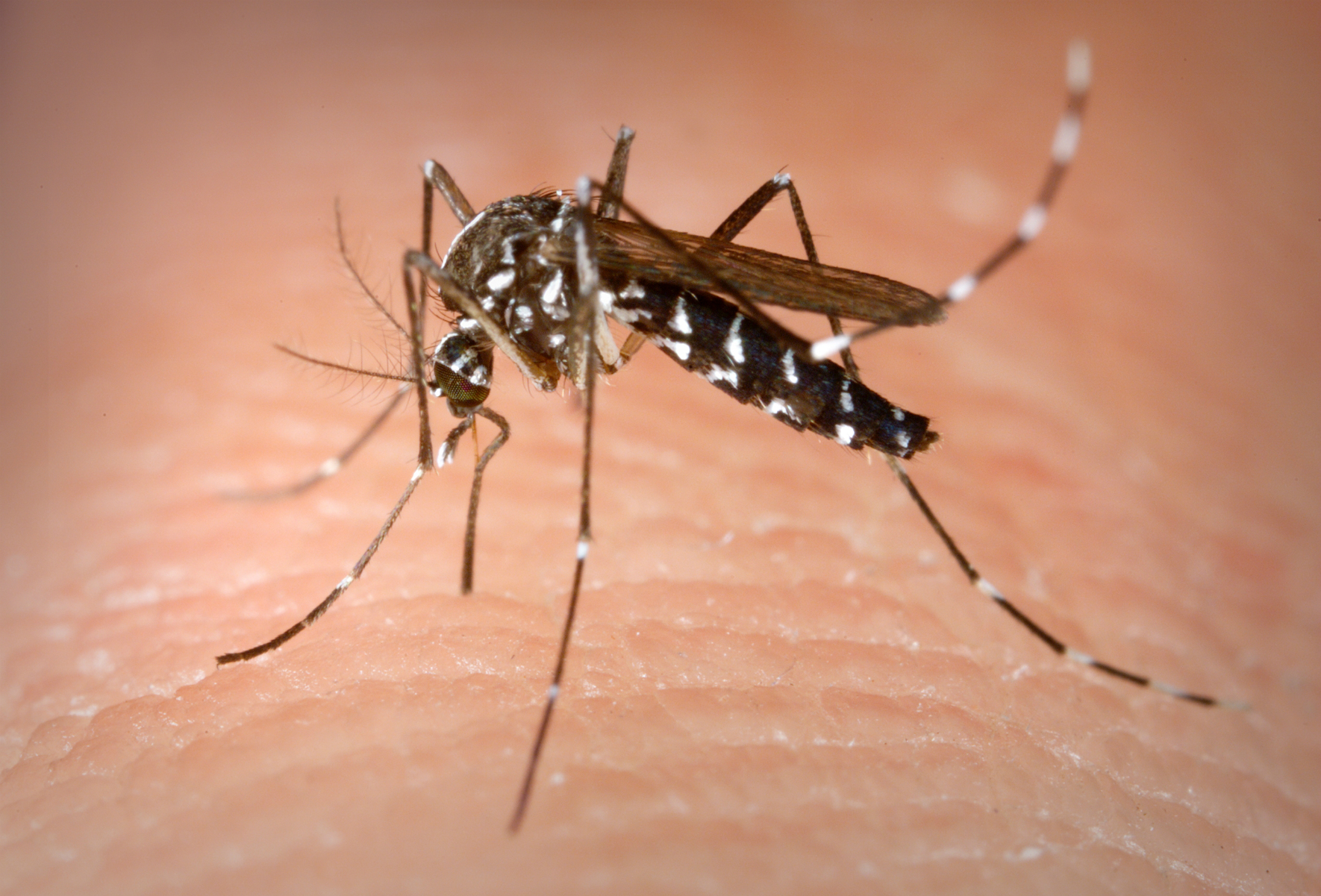Everyone can help prevent the spread of tiger mosquito: watchdog

Dutch food and safety organisation NVWA is calling on local authorities and residents to help combat the spread of the Asian tiger mosquito ahead of this year’s mosquito season.
The NVWA is now revisiting places where the mosquito was identified last year because eggs may have been left behind, and “they can survive just about anything”.
“They can dry up, they don’t mind frost or insecticides,” spokesman Arjan Stroo told broadcaster Nos. Last year the mosquito was spotted in 37 places, 22 of which were in urban areas.
Tiger mosquitos can carry tropical diseases such as dengue, which can be fatal if untreated. No cases of dengue have been recorded in the Netherlands as yet.
The specialised NVWA teams focus primarily on removing small water-filled containers that may harbour larvae and chrysalises, and use insecticides where necessary.
The organisation has also contacted 36,266 households to warn them about tiger mosquitos in their area and let them know how they can help prevent the mosquito from spreading by removing possible breeding places.
The tiger mosquito, which is smaller than the common mosquito, is easily identified by the distinctive white stripe on its back and white striped back legs.
It first appeared in the Netherlands in 2005, travelling here, it is thought, in used car tyres and bamboo plants. Their numbers have increased in the last few years because tourists are bringing them back in their cars from their holidays to Italy or France where the tiger mosquito has also made a home, Stroo said.
The NVWA said it is reaching the limit of what it can do and is calling in the help of local councils to help combat the tiger mosquito, particularly in urban areas.
The tiger mosquito is here to stay, Stroo said, although local extermination of larvae and chrysalises has proved successful.
Thank you for donating to DutchNews.nl.
We could not provide the Dutch News service, and keep it free of charge, without the generous support of our readers. Your donations allow us to report on issues you tell us matter, and provide you with a summary of the most important Dutch news each day.
Make a donation